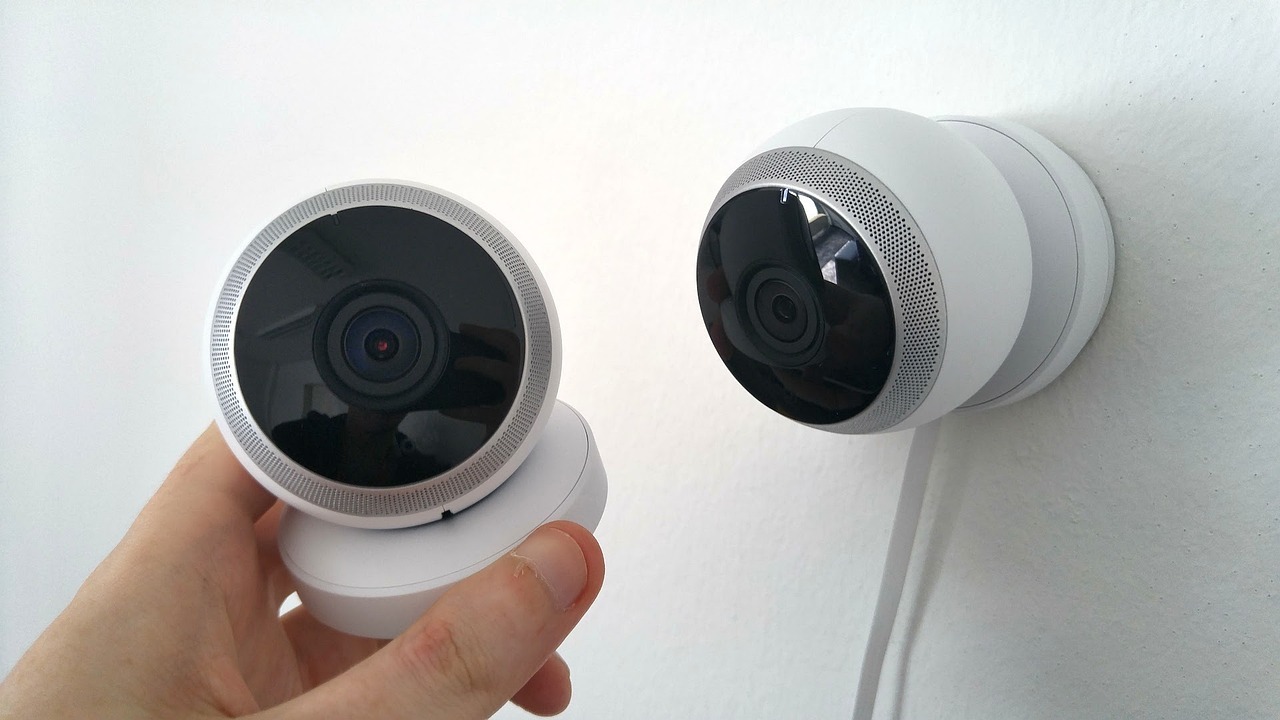Ensuring the security and safety of your home does not end with installing a CCTV system. You need to practice regular maintenance to ensure that your system is always in top shape. What’s the point of having one when it isn’t even functioning in the first place? It’s very easy to overlook CCTV system errors and lapses because it’s not normal for any person to spend so much time just observing and checking CCTV feeds. This is why it’s important to practice scheduled maintenance.
Do you know how many times you’d need to have your CCTV and security system serviced? Read on to find out the answer.
Needed Maintenance
There are three kinds of maintenance that your CCTV and security system needs and they are as follows:
- Planned Maintenance
- Service Call Maintenance
- User Maintenance
3 Different Kinds of Maintenance for CCTV and Security Systems
1. Planned Maintenance
This kind of maintenance is routine service. You should ask about this right after your CCTV and security system is set up by the company who installed it. If you don’t get to inquire about it, do give them a call or send them an email regarding the matter. Their recommendation will vary because it will entirely depend on your system’s features, the way you use it, and your locality. They may advise you to opt for an annual or quarterly planned maintenance. As so many factors need to be considered, it’s not safe to assume that annual planned maintenance will be enough for your system. For all you know, you may only need to have one after every three years. It’s best to contact the company directly so that they may expertly recommend the best maintenance game plan for you.
2. Service Call Maintenance
This kind of maintenance is required in emergency cases. Encountering the following situations will require that you call for a security camera repair service:
- You have damaged cables
- Your camera lens is obstructed
- You encountered a software problem
- A thunder strike damaged your system
- A power surge damaged your system
Expert tips when looking for a security camera repair service:
- The first repair team that you should consider should be from the very company that installed your CCTV and security system. It’s best to reach out to them because they’re fully aware of your system. They’re also already aware of the inner workings of its installed software.
- If the company that installed your CCTV and security system does not have a repair crew or they’re not available, you should opt for a repair crew that is within your neighborhood. Ones within your neighborhood will be able to service your faster. You’d also be able to easily reach out to them should you need anything after the repair.
- Ask your friends and family if they can recommend legitimate security camera repair service providers. It’s best to ask ones you trust for they will surely only recommend people that are competent and trustworthy.
- When looking online, do a double-check on the service provider’s website. You should check if they could service the brand and model of the units in your CCTV and security system.
- Don’t forget to read user reviews. Users are transparent in sharing their experience with repair service providers and you’re sure to immediately evaluate if a repair team’s service is commendable or questionable.
- Choose a repair service provider that is fully insured. This will ensure your security should any mishap arise.
- Check for certifications of their team and experts.
3. User Maintenance
The company that installed your CCTV and security system is required to inform you of basic electrical maintenance. Failing to do this is a lapse in the protocol as users should be duly informed of the basic workings of their CCTV and security system. User maintenance is not complicated as you simply need to check different parts and functions to ensure that your system is fully functioning and in good shape. User maintenance should be regularly scheduled on a weekly or monthly basis. Scheduling of maintenance will depend on the complexity of your system.
Regular user maintenance will usually require you to check the status of the following systems:
- Your camera and housing
- Your cables and wiring
- Your control equipment
For your camera and housing, you usually have to check the following:
- Check if your camera’s focus and auto iris is adjusting properly
- Check if your field of view settings is correct
- Check if your camera’s viewing window is clear
- Check for dust in your camera’s lens.
- Check for any moisture in your camera enclosure. It should be clean and dry at all times.
- Check your camera’s zoom focus and pan tilt.
For your cables and wiring, you usually have to check the following:
- Check for wear and fray
- Check if your cables are dressed properly
- Look for loose wiring. Your cable entry points and connectors should be fully secured.
- Check the transmission of your coaxial cable
- Ensure the proper insulation of all coaxial connectors
For your control equipment, you usually have to check the following:
- Check if your monitor’s images are distorted
- Check for burn-ins in your monitor’s
- Check if your recordings are not distorted
- Check your VCR
- Check your switchers. Ensure that they are all operational
- Physically clean all hardware with proper cleaning solution
- Check your back panels for loose connections
- Check all AC plugs. Ensure power connection.

